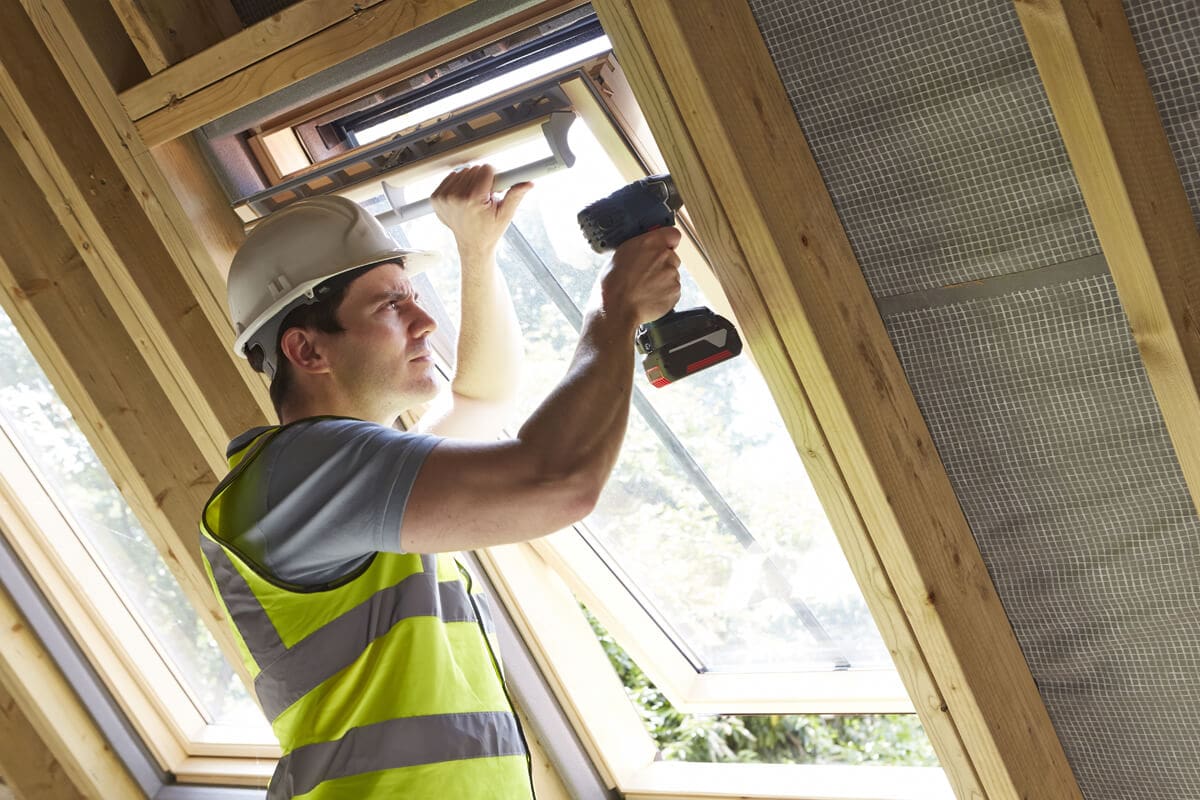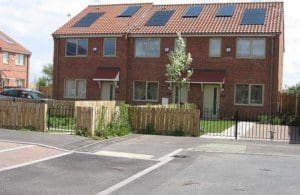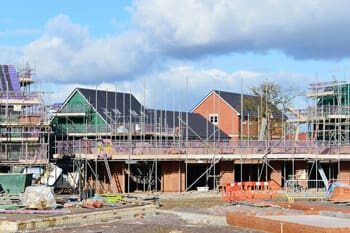
It’s not often we have guest Blog posts, but this, about Solutions to Homelessness and the Housing Crisis, from Kevin Hollinrake, is a worthy exception for two reasons.
Firstly, Kevin is the Member of Parliament for Thirsk & Malton our local constituency and has been a real friend to our business since he was elected. It’s not just people who need a good constituency MP – businesses need them too.
Secondly – and perhaps unusually for a politician talking about the construction sector – he knows what he is talking about – he developed Hunters – one of the biggest Estate Agencies in the Yorkshire area – before he became an MP.
It’s hardly surprising therefore, that when we asked if we could re-post his personal Blog, we were delighted he said “Yes”.
Read on to see Kevin Hollinrakes’ thoughts on “Solutions to Homelessness and the Housing Crisis”:
“The only way we are going to tackle the worrying increase in homelessness and the wider housing crisis is by building more homes. That was a key point in my recent speech in Parliament during the debate on Temporary Accommodation. There are currently 78,000 people in temporary accommodation, including hostels and bed and B&B’s, that’s an increase of 63% on the 2010 figure, although, mercifully, less than its peak of 100,000 in 2003.
 We need more affordable houses and more social homes and we need to move people out of temporary accommodation into decent permanent housing.
We need more affordable houses and more social homes and we need to move people out of temporary accommodation into decent permanent housing.
The Government is already doing a great deal by allocating £550 million to homelessness reduction by 2020, supporting the Homeless Reduction Act, which was introduced by my excellent colleague Bob Blackman MP, aiming to half homelessness by 2022 and to eradicate it by 2027. I also welcome its actions on Supported Housing (a category which includes homeless hostels and refuges for women fleeing domestic violence) and was pleased that it listened to the recommendations of the report by the Joint Communities and Local Government and Work and Pensions Committee, on which I served.
But there is still more that can be done and that means building more homes and more affordable homes. The Government has already announced an extra £2bn for social housing, homes provided at a rental level at least 50% below market value, bringing the total taxpayer contribution to affordable homes to £9bn by 2020. Local authorities and housing associations are also part of the solution and we should allow those bodies who have suitable plans for development to borrow more money and provide grants to develop more truly affordable homes.
On average, government policies are delivering around 50,000 affordable homes every year – a creditable performance but we need to do  much more – but his cannot all be the responsibility of the taxpayer. Many homes are delivered by requiring new developments to provide a suitable percentage of affordable homes on each site. However, many developers are able to game the system by using ‘viability assessments’ to argue that they cannot afford to provide them on a specific site. According to recent research by Shelter, 79% of the affordable homes that should have been provided have been avoided by using these assessments.
much more – but his cannot all be the responsibility of the taxpayer. Many homes are delivered by requiring new developments to provide a suitable percentage of affordable homes on each site. However, many developers are able to game the system by using ‘viability assessments’ to argue that they cannot afford to provide them on a specific site. According to recent research by Shelter, 79% of the affordable homes that should have been provided have been avoided by using these assessments.
In my view, we should consider a new policy for contributions from developers to pay for affordable homes and social homes to rent. I favour a simple system of tariffs, a cash amount per bedroom or per square foot, which can vary by local authority to take into account local prices and need.
Another idea we might consider is to allow investors to put residential homes into a self-invested personal pension (SIPP), provided they are prepared to let these out long-term at a social rent. The properties would be contractually managed by local authorities or housing associations and would offer much-needed, good-quality, ultra-affordable accommodation, a good long-term investment return and allow the better-off to help the less well-off all at the same time. What’s not to like?
Most landlords are very responsible in delivering of decent-quality accommodation in the private rented sector but some do not and I believe we should consider introducing a clear, well-enforced national property rental standard. The draft Tenant Fees Bill, currently before Parliament, may provide this opportunity and could also encourage longer tenancies on a voluntary basis with attractive incentives, such as an exemption from the new rules that limit tax relief on mortgage interest.”
You can see more of Kevin Hollinrake’s views on policy issues and his work in Parliament here